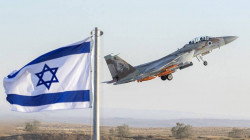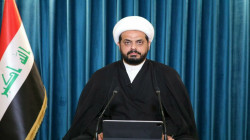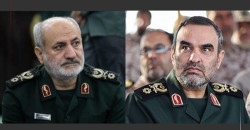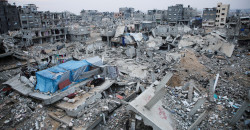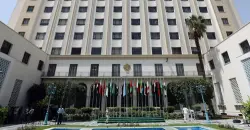Israel's three-fronted drill: a war simulation amid an international détente under construction
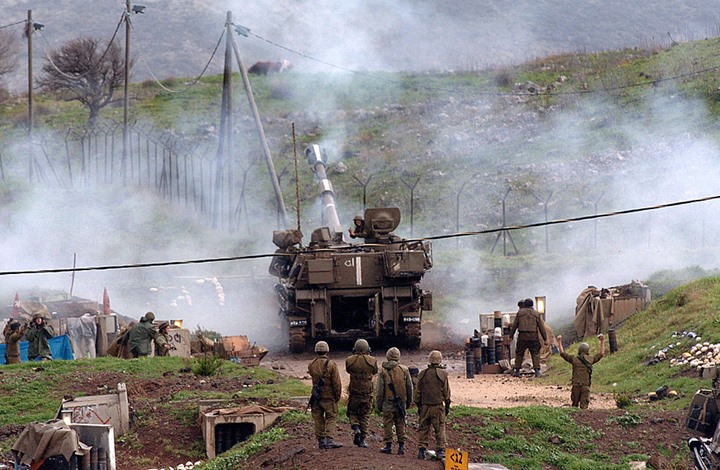
Shafaq News / Israel has commenced drills dubbed as the largest in its history to qualitatively bolster its troops' readiness to a potential war on two simultaneous fronts, with Hezbollah in Lebanon and with the Gaza Strip. With the powder kicking in the keg as the tension fulminates in Jerusalem, Israel is plotting a possible breakthrough in Iran's nuclear file.
Although the exercises' plans have been devised for a while now, launching them now at this delicate timing has promoted an atmosphere of anticipation and caution. Hezbollah announced that its forces are ready for any kind of developments, and Hamas in the Gaza Strip waving a rocket-propelled grenade in response to forced evictions by Israeli police of Palestinian families from the Sheikh Jarrah neighborhood in Jerusalem.
Strategically, the drills draw regional speculations for many regions—first, the length of the drill. The ongoing drill runs over a month, according to Israeli statements. Second, the width of its operational zone. The exercises will cover two fronts, Lebanon and Gazza, in addition to the so-called Israeli home front, which is expected to be rained with an unprecedented amount of missiles.
According to Israel's Channel 13, the drill will simulate an all-out war against Hezbollah and Hamas, with heavy rocket fire on the home front. However, the channel noted that the Chief of Staff of the Israeli Army, Aviv Kochavi, decided not to cancel or postpone the exercise despite tensions in Jerusalem and Palestine, stating that vigilance and preparedness would remain the same to avoid any unanticipated scenario.
Over the past few months, Hebrew media have repeatedly stated that Israel now accounts for fire from more than one front, specifically from Lebanon, Syria, Iraq, and Yemen, either with long-range missiles or Unmanned Aerial Vehicles (UAV).
"Starting Sunday morning, when the enemy will start its exercise, we will take all appropriate quiet steps out of sight, and we will be cautious and prepared. We warn them against any wrong step toward Lebanon. We have not tolerated any violation to the rules of engagement under this drill," said Hezbollah's secretary-general, Hassan Nasrallah, a few days ago in a televised speech on the Quds International Day.
It is one of the rare times Hezbollah has declared such a military alert since Israel withdrew from the majority of the occupied territories in southern Lebanon in 2000, specifically after the "July War" in 2006.
Lebanese media confirmed that Hezbollah has raised the status of alert and readiness to its maximum level along the southern border, in conjunction with Israel's drills.
"If a real war breaks out in the region, thousands of rockets from more than one front is launched. Would the Israeli military defenses be capable of repelling them?" Nasrallah wondered in a veiled warning.
In April, the Israeli newspaper Yedioth Ahronoth quoted a report of the State Comptroller and the Home Front Command, one-third of Israel's population - about 3 million people - lives without the slightest rocket protection, as hundreds of thousands of them live in old buildings in the heart of major cities, such as Tel Aviv, Ryshon, Letzion, and Haifa.
The newspaper said that Israel will conduct a huge military exercise, perhaps the largest in its history. During which the process of evacuating residents from their homes will be promoted. A drill that will also include a confrontation in several fields, focusing on the Gaza Strip and Lebanon.
Israeli reports recently stated that Israel had deployed missile defense systems near the southern city of Eilat, in anticipation of possible rocket or bomb attacks from Yemen.
Tensions between Israel and Iran are already evident due to the negotiations initiated by president Joe Biden's administration to resume the nuclear deal from which former U.S. President Donald Trump has unilaterally terminated.
Israel and Iran have exchanged unannounced attacks against their naval vessels. In addition, the Natanz nuclear facility in Iran was targeted, and a mysterious explosion took place in a missile manufacturing facility.
Even though the emerging features of détente, such as the Saudi-Iranian negotiations and the relaxation of the Turkish-Egyptian and Saudi-Turkish strains, might showcase the Israeli drill as a wiggle against the stream, it is rational to churn from this regional party slipping into an unanticipated clash.

